Passage Two
Questions 51 to 55 are based on the following passage.
A recent study revealed the sugar industry’s efforts 50 years ago to shape
medical opinion on how sugar affects health. But today, scores of companies
continue to fund food and nutrition studies.
That describes the reaction of many Americans this week following
revelations that, 50 years ago, the sugar industry paid Harvard scientists for
research that shifted the focus away from sugar’s role in heart disease — and
put the spotlight squarely on dietary fat.
What might surprise consumers is just how many present-day nutrition
studies are still funded by the food industry.
Nutrition scholar Marion Nestle of New York University spent a year
informally tracking industry-funded studies on food. “Roughly 90% of nearly 170
studies favored the sponsor’s interest,” Nestle tells us via email. Other,
systematic reviews support her conclusions.
For instance, studies funded by Welch Foods — the brand behind Welch’s 100%
Grape Juice — found that drinking Concord grape juice daily may boost brain
function. Another, funded by Quaker Oats, concluded, as a Daily Mail story put
it, that “hot oatmeal breakfast keeps you full for longer.”
While these examples might induce chuckles, the past year has seen several
exposes that have raised serious concerns about the extent of industry’s
influence on food and nutrition research outcomes.
Last year, The New York Times revealed how Coca-Cola was funding
high-profile scientists and organizations promoting a message that, in the
battle against weight gain, people should pay more attention to exercise and
less to what they eat and drink. In the aftermath of that investigation,
Coca-Cola released data detailing its funding of several medical institutions
and associations between 2010 and 2015, from the Academy of Family Physicians to
the American Academy of Pediatrics. All told, Coca-Cola says it gave $132.8
million toward scientific research and partnerships.
And earlier this summer, the Associated Press released an investigation
that looked at research funded by the National Confectioners Association, a
trade group whose members include the makers of Tootsie Rolls, Hershey’s kisses
and Snickers bars. One study the group funded concluded that kids who eat candy
tend to weigh less than those who don’t. In an email to her co-author, the AP
reported, one of the scientists behind that study wrote that the finding was
“thin and clearly padded.” Nonetheless, the paper was published in a journal
called Food & Nutrition Research.
“It’s definitely a problem that so much research in nutrition and health is
funded by industry,” says Bonnie Liebman, director of nutrition at the Center
for Science in the Public Interest, a nonprofit advocacy group. “When the food
industry pays for research, it often gets what it pays for.” And what it pays
for is often a pro-industry finding.
Michael Moss is an investigative journalist who focuses on the food
industry and author of the expose Salt, Sugar, Fat: How The Food Giants Hooked
Us. He says a lot of times, food firms are funding research that they know is
going to go their way — a finding they can tout on their packaging to sway
consumers to buy their products. The problem is, the findings that get published
may be incomplete, highlighting positive outcomes while leaving out negative
ones. And then, there are studies that are simply poorly designed.
As a researcher, notes Moss, one can tweak the experimental design “in
subtle ways that can lead to a desired conclusion — whether you’re taking money
from industry or you yourself have a passion or conclusion you want” to see, he
says. “There’s just a lot of bad research out there.”
And yet, as we’ve reported before, this junk nutrition science frequently
gets touted in press releases written to drum up interest, then picked up and
disseminated by journalists who lack the wherewithal to spot the bad research
methodology. In May 2015, science journalist John Bohannon highlighted exactly
how this process plays out: He conducted a real — but really poorly designed —
study that concluded eating chocolate can help you lose weight, then watched as
media outlets ran with the study.
While Bohannon’s study was a deliberate hoax designed to expose the flaws
in nutrition science journalism, similarly bad studies get reported on all the
time. As Gary Schwitzer of Health News Review, a watchdog group for the media’s
coverage of health, told us last year, the problem is extensive. “We have
examples of journalists reporting on a study that was never done,” he told us in
2015. “We have news releases from medical journals, academic institutions and
industry that mislead journalists, who then mislead the public.”
Given this environment, where bad science on what to eat or drink is
pervasive, what’s a consumer to do? Be skeptical when reading about the latest
finding in nutrition science, says Moss.
Ignore the latest study that pops up on your news feed, adds Liebman. “Rely
on health experts who’ve reviewed all the evidence,” she says. She points to the
official government Dietary Guidelines, which are based on reviews of dozens or
hundreds of studies. “Experts are able to sift through the evidence and separate
the good from bad,” she says.
And that expert advice remains pretty simple, says Nestle. “We know what
healthy diets are — lots of vegetables, not too much junk food, balanced
calories. Everything else is really difficult to do experimentally.”
51. B)They turned public attention away from the health risks of sugar to
fat.
52. D) Nearly all of them serve the purpose of the funders.
53. A) Exercise is more important to good health than diet.
54. C) It rarely results in objective findings.
55. D)Think twice about new nutrition research findings.
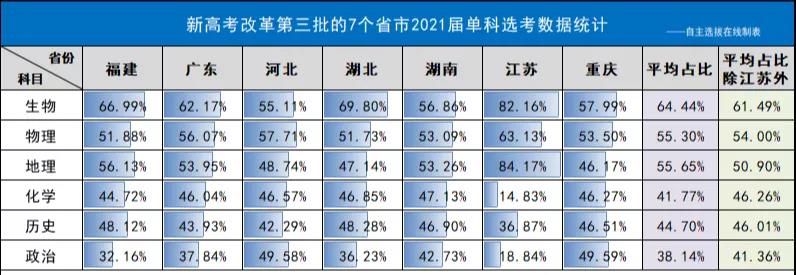
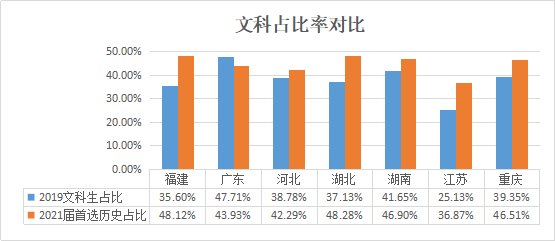
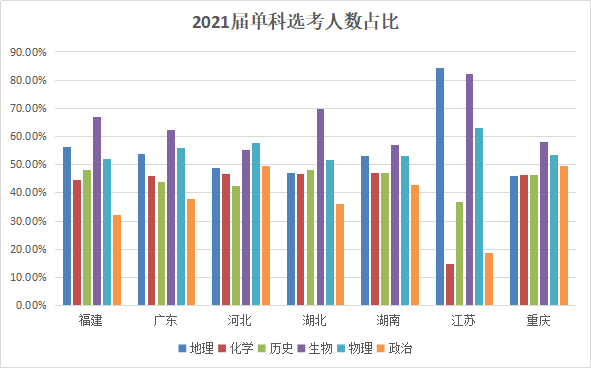










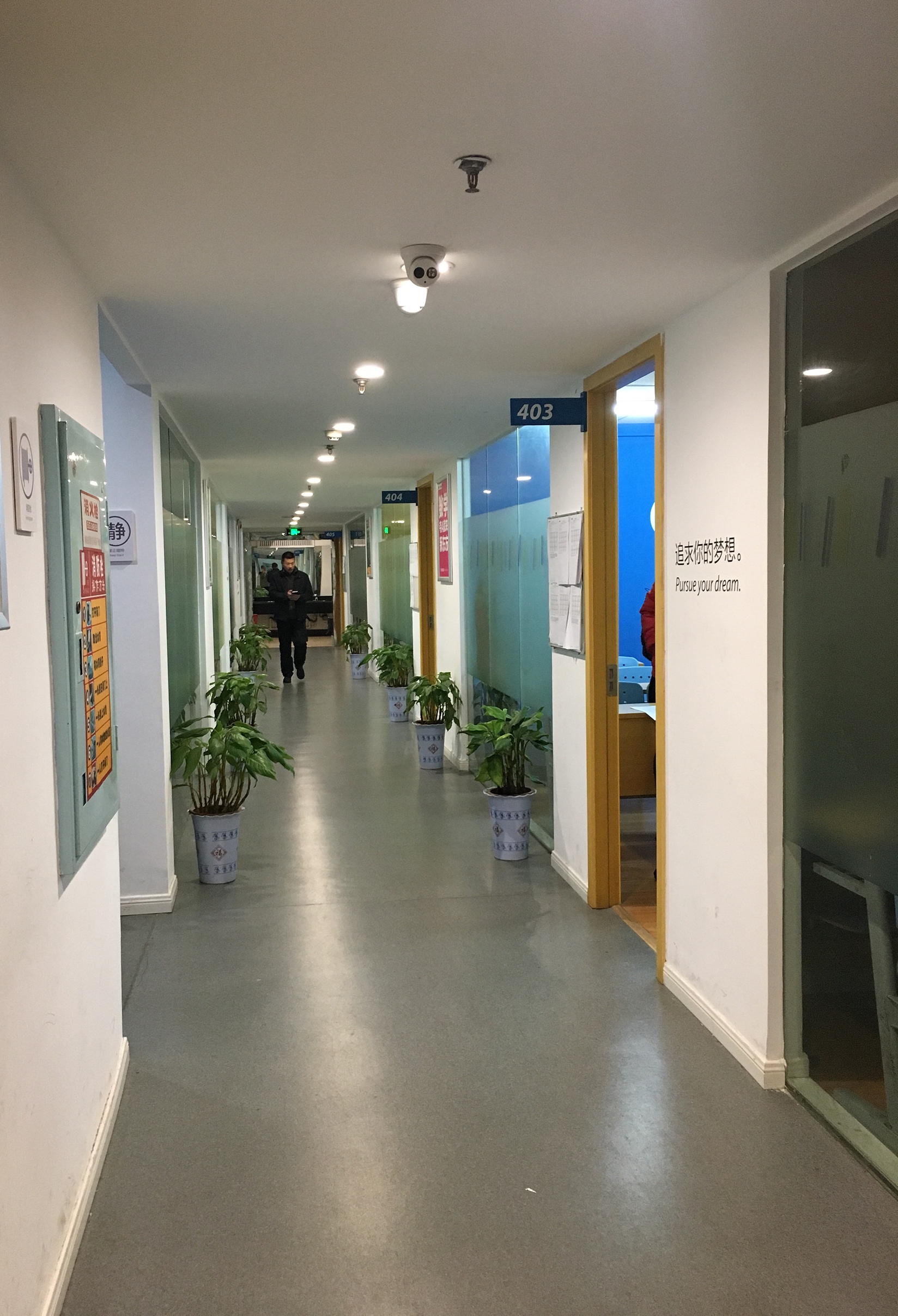

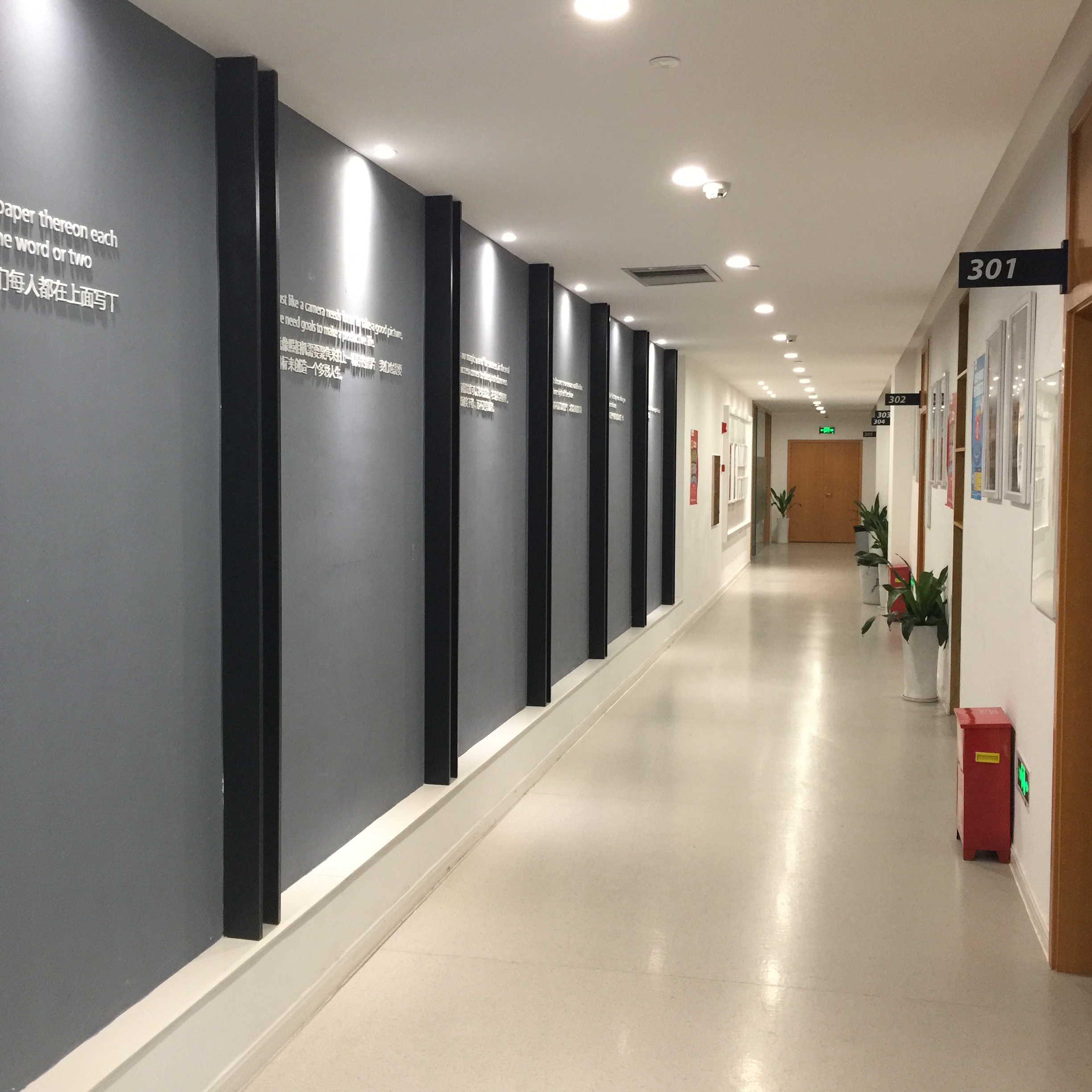
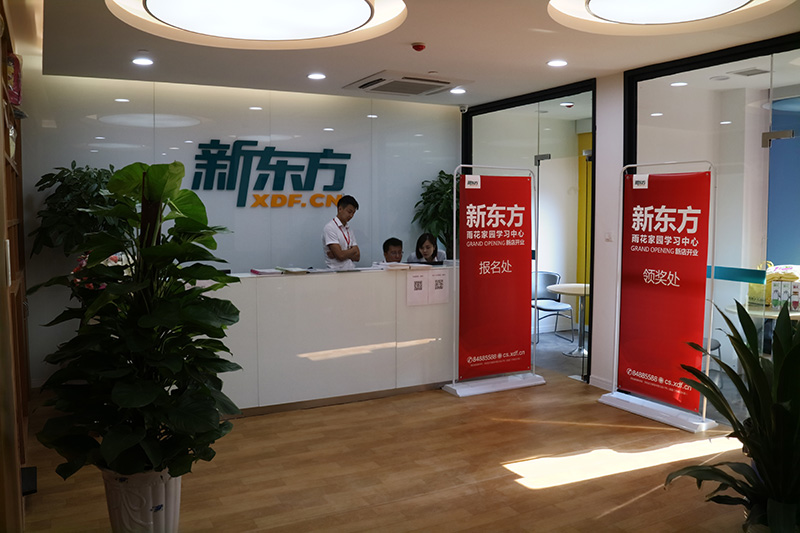




 京公网安备11010802021790号
京公网安备11010802021790号









 学习资料
学习资料
